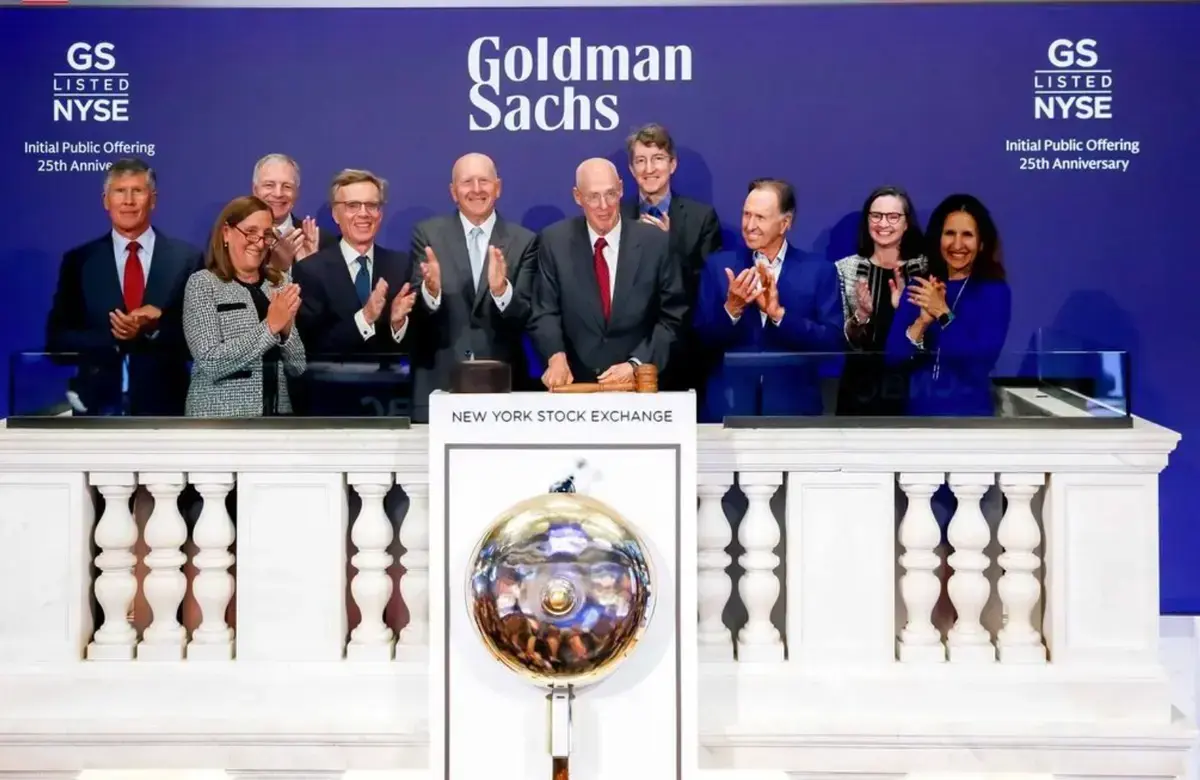Goldman Sachs: AI Is Overhyped, Wildly Expensive, and Unreliable
Goldman Sachs: AI Is Overhyped, Wildly Expensive, and Unreliable

www.404media.co
Goldman Sachs: AI Is Overhyped, Wildly Expensive, and Unreliable

Goldman Sachs: AI Is Overhyped, Wildly Expensive, and Unreliable

Goldman Sachs: AI Is Overhyped, Wildly Expensive, and Unreliable
